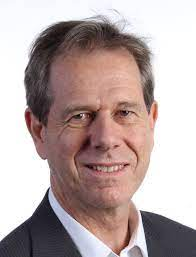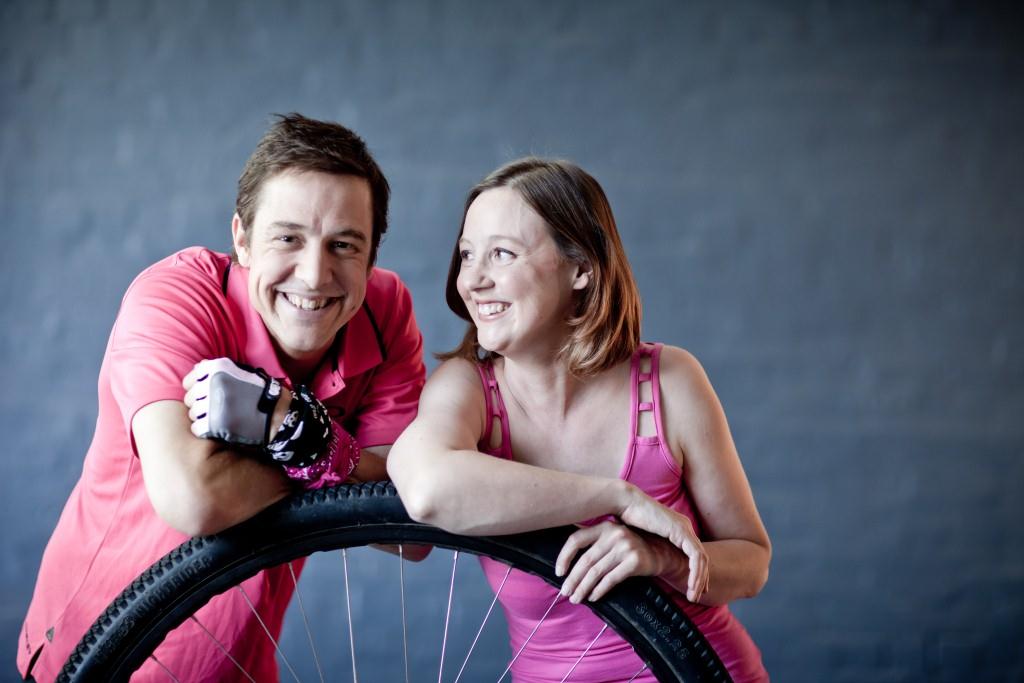Trial to examine higher cancer death rate in Rural Australia.
Luke Williams
23 May 2023, 9:26 PM
 Image: Pixabay.
Image: Pixabay. The Big C is a bigger problem for regional residents than for our metro cousins.
There are two big factors researchers are trying to get a handle on - that cancer rates are highest in regional areas and that people living in rural, regional and remote (rural) Australia have a poorer chance of survival from cancer than those living in major metropolitan centres.
Now, a charity is sending some love our way to fund what could be a game-changing trial in outer areas and people around the Western Plains are being encouraged to join in.
According to the National Rural Health Alliance (“The Alliance”) rural people have lower survival rates after a cancer diagnosis.
Survival from all cancers combined is highest in Major Cities (62.5 per cent), reducing with remoteness to its lowest point in Very Remote areas (55.1 per cent). In particular, chances of survival for lung, head and neck, liver and cervical cancer reduces in tandem with remoteness.
The Alliance says there are several factors creating this geographic disparity.
- Greater socioeconomic disadvantage.
- Higher prevalence of cancer risk factors.
- Larger proportion of Aboriginal peoples (and therefore factors specific to Aboriginal peoples).
- Reduced access to healthcare services.
Solutions so far, however, have been thin on the ground.
Now a trial being run by Macquarie University is using a grant of $1.2 million from Australian cancer charity Love Your Sister to bring international standard clinical trials to regional, rural and remote Australia.
Macquarie University is collaborating on the project with the Oncology Department at Dubbo Hospital, led by Dr Florian Honeyball, as well as the newly formed Western NSW Clinical Trial Support Unit and the NSW Ministry of Health.
People from all over the Western Plains district are being invited to participate.
Professor of Oncology Howard Gurney, who also runs the Macquarie University Clinical Trials Unit, is leading the Oncology Trials for the Regional, Rural and Remote Patients Collaboration (ONTRAC) Project, which will run over three years.
“People in regional, rural and remote (RRR) Australia have considerably poorer outcomes with most common cancers than other Australians, and this is especially true for Aboriginal people,” Professor Gurney says.

ABOVE: Professor Gurney. Image: Macquarie University.
“ONTRAC aims to not only bring cutting-edge options for cancer treatment to our most vulnerable populations, but also to establish fully equipped clinical trials units in regional healthcare centres and train local people in clinical-trials delivery to staff them.
“It is our hope not only to increase the number of regional, rural, remote and Aboriginal patients taking part in clinical trials, but also minimise the need for them to travel in order to participate.”
The first clinical trial will begin in Dubbo in coming months, with other areas to follow.
Love Your Sister co-founder Samuel Johnson OAM says he is “beyond excited” about the partnership with Macquarie University.
“Collectivity is the answer when equity is the aim. [I am] thrilled to be starting with Dubbo and can’t wait to roll up my sleeves during my extended visit to the region in September.”

Actor and philanthropist Samuel Johnson OAM with his sister Connie
Bundjalung Elder and Macquarie University Associate Professor of Health Sciences, Uncle Boe Rambaldini, says this project will be an important step forward.
“Cancer is the leading cause of death in Aboriginal people, overtaking cardiovascular disease, and a key barrier is access to the latest treatments and affordability,” Associate Professor Rambaldini says.
“This project will work with Aboriginal people in a culturally safe way to identify the barriers and create pathways to overcome them."

Associate Professor Boe Rambaldini
“People living in regional, rural and remote locations will benefit tremendously, not only from having access to more clinical trials within their community, but also from the upskilling of the local workforce,” Professor Pretorius says.
“This impactful initiative will help patients stay closer to home and their support network rather than being required to travel long distances to receive the latest treatments.”




